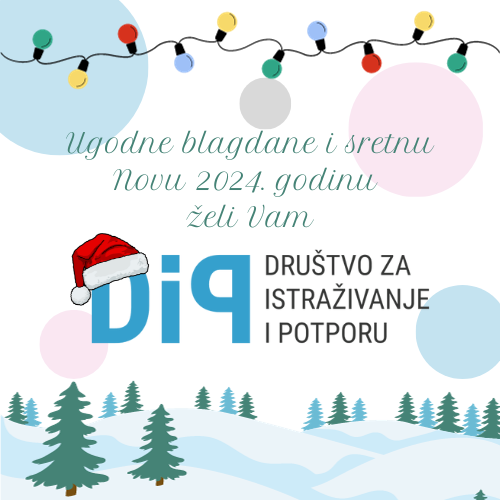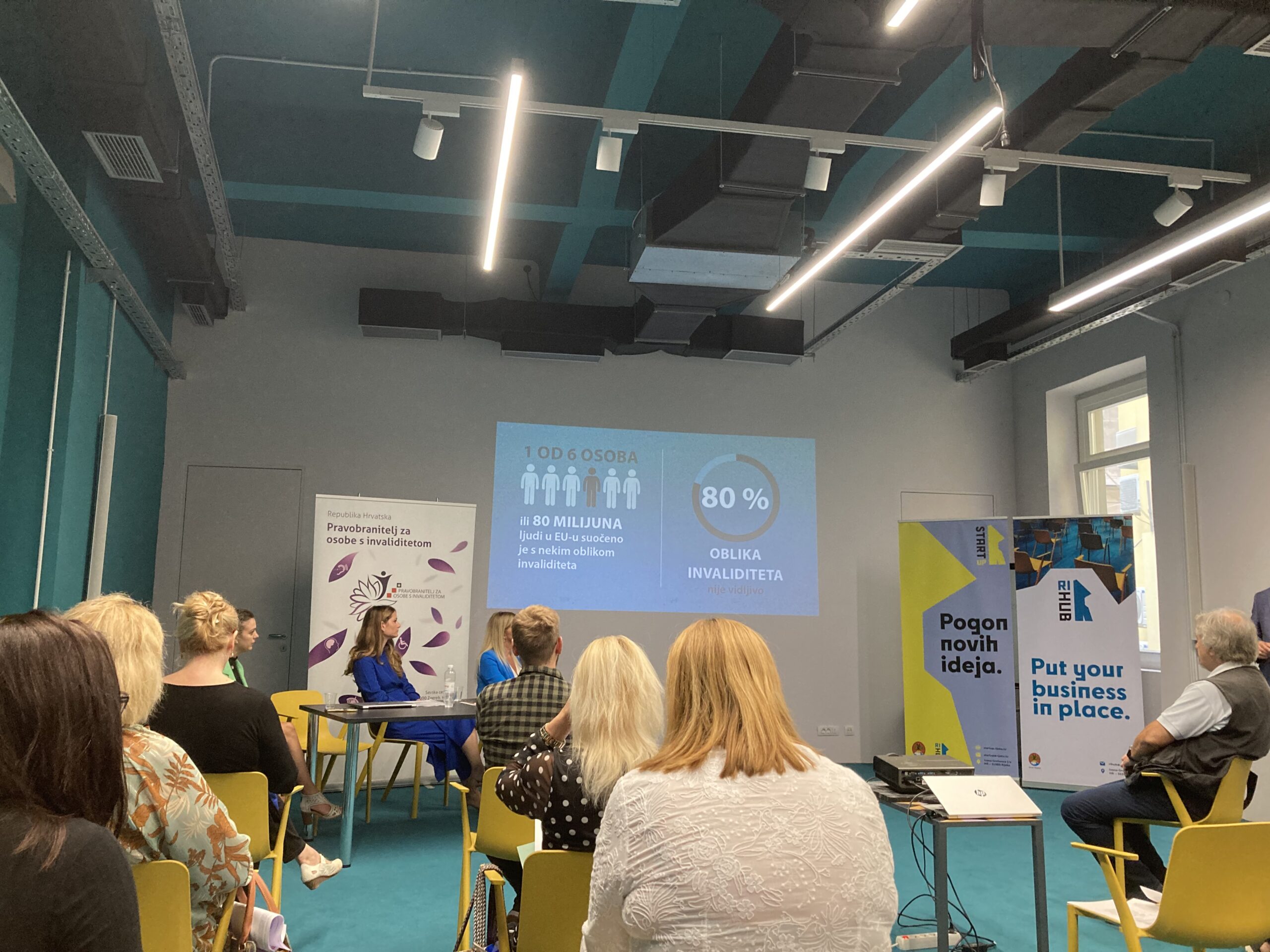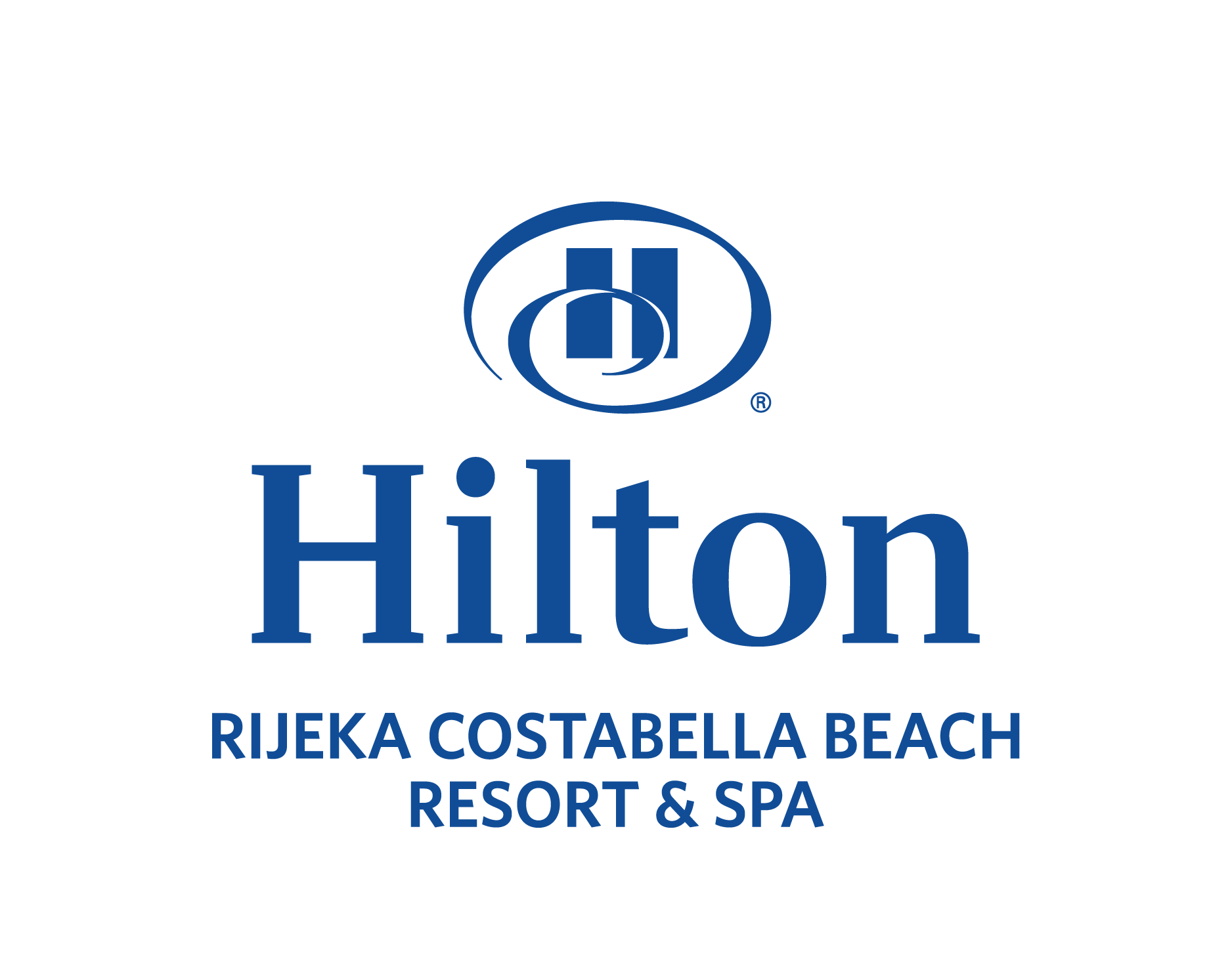
Thank you to everyone for the support you gave us in 2023. We wish you a peaceful and loving, blessed, healthy and successful 2024! Continue supporting us!
- 24.12.2023
- CHILDREN AND YOUTH

On the occasion of the 1st anniversary of the Regional Office of the Ombudsman for Persons with Disabilities in Rijeka, yesterday, September 15th, 2022., a workshop for journalists was held in Rijeka, attended by the representatives of civil society organizations from the 4 counties for which this office is responsible. We actively participated in this workshop, because we consider this topic extremely important for achieving a change in the public’s attitude towards people with difficulties.
The way journalists report is extremely important for reducing the stigmatization of persons with disabilities and sensitizing the public about their lives. Based on the media announcements, as well as from everyday speech or even some normative, legislative acts, we can “read” the attitude of the public, of decision-makers, but also experts who deal with PWDs, as well as PWDs themselves, towards persons with disabilities and/or developmental difficulties.
The media and journalists who write texts for publications could significantly contribute to public awareness and not contribute to the stigmatization of persons with disabilities, in several ways:
– Using correct terminology and non-stigmatizing terminology for people with disabilities – see our text https://dip.hr/iniicijativa-i-upozorenje-za-ostvarivanje-prava-pismo-zakonodavcima-i-donositeljima-odluka-hitne-izmjene-pogrdnog -and-offensive-names-for-persons-with-disabilities-and-children-with-developmental-disabilities/
– By providing more media space, especially in public media houses dedicated to people with disabilities, which is also the obligation of public media houses. As an example of good practice, the program “Speaking your mind” published by the independent radio, Radio Kastav, in which it invites persons with disabilities and representatives of associations and institutions to present to the public the challenges faced by PWDs in 20 or more minutes. The DIP participated in this broadcast several times. https://www.facebook.com/radiokastav.
When it comes to PWDs (persons with disabilities), we often come across announcements in the media only on occasions of marking certain important days for PWDs, or during difficult life situations, or large humanitarian actions. Thus, citizens and decision-makers (still) remain trapped (both psychologically and practically) in the outdated models of “mercy” and the medical model of approach to PWDs. Therefore, we cannot change the attitude towards PWDs and we cannot bring about changes in equalizing the opportunities of PWDs. This is due to the fact that the “social model” and the “rights model”, which are accepted by most countries in our surroundings, see persons with disabilities and the challenges they face primarily as people to whom the environment must adapt, and see them through the prism of the rights they have, just like any other person.
The final proposal of the workshop participants was sent to the journalists of HRT, Radio Rijeka, which states that HRT Radio Rijeka https://radio.hrt.hr/radio-rijeka should introduce such a broadcast at least once a month, in order to bring the challenges and successes of people with disabilities closer to the public eye. After all, it is their obligation. Time will tell whether this will truly happen!
– To reduce or completely abolish the elements of sensationalism in reporting on persons with disabilities, since it is currently very present in media reporting. The media should report more about the possibilities/capabilities of persons with disabilities, because that’s how this unfortunate model of mercy in approaching persons with disabilities can finally be reversed and abolished! The secretary of the Office of the Ombudsperson for Persons with Disabilities spoke about models and approaches for PWDs at the workshop, and we spoke about them in our publication, on our website: https://dip.hr/znate-li-sto-je-zuz-zelite-li-se-ukljuciti- into-an-informal-network-of-social-service-providers-and-being-change/ in the Manual for Advocating the Rights of PWDs. It was printed as part of our campaign for advocating the rights of PWDs, on the occasion of the Social Distancing round table held at the end of June 2022 –
https: //dip.hr/programi/o-kampanji-distantirano-socialni/
The workshop opened up space for all questions and necessary information related to reporting on persons with different types of disabilities, and through the discussion, answers were sought to questions such as:
What is the medical model of disability, and what are the social and human rights models? What terminology should the media use when reporting on persons with disabilities? What the reporting on persons with disabilities looks like when it is aligned with the principles of the Convention on the Rights of Persons with Disabilities?
How can we help, spread awareness about the problems faced by persons with disabilities and encourage the authorities to take certain measures, without making persons with disabilities appear to be helpless, miserable and unyielding, and those who provide support generous people, angelic figures and saintlike?



Udomljavanjem naših ukrasno-uporabnih predmeta sudjelujete u provedbi naših programa za mlade s teškoćama u razvoju i psihosocijalnom funkcioniranju. Mi ćemo vam zato pokloniti jedan ili više predmeta koje smo sami napravili.